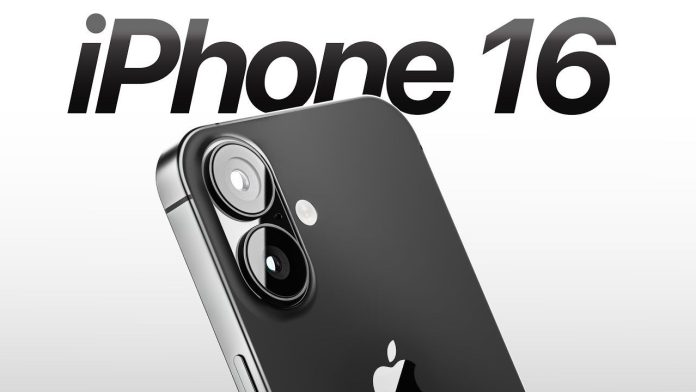As the tech world eagerly anticipates the launch of Apple’s iPhone 16, industry experts are offering varied perspectives on the device’s potential impact. Notably, Professor Ndubuisi Ekekwe, a respected entrepreneur, suggests that the hardware evolution of the iPhone is reaching its zenith. According to Ekekwe, the focus is shifting from the physical attributes of the device—such as the camera, shape, and size—to the more intangible aspects of its software.
He highlights the fact that Apple’s upcoming release, set for September 9th at the Steve Jobs Theater in Apple Park, will be marked by the introduction of generative AI capabilities embedded within iOS 18. This evolution signals a strategic shift for Apple, as the company continues to lead in software innovation while maintaining its hardware dominance. Ekekwe points out that Apple has successfully transitioned into a company where the fusion of hardware and software makes it one of the most influential firms of the 21st century.
Ken P. Oke, an expert in digital transformation and growth, expands on this view by discussing the broader implications of AI within a Web3 framework. Oke believes that by embracing Web3, the iPhone 16 could play a pivotal role in the move towards a decentralized, user-centric internet, fostering innovation in the digital space.
Emeka Okonkwo, an e-commerce management expert, echoes the sentiment that Apple’s focus on software is a testament to its forward-thinking strategy. He asserts that as hardware innovations plateau, it is the continuous advancement in software that will keep Apple ahead of the competition.
However, Victor Owuda offers a slightly different perspective, cautioning that hardware innovation might not be over just yet. He notes that Apple has been conservative with its hardware updates since the iPhone 12, focusing instead on software improvements to optimize shareholder value. This approach, coupled with strong marketing and customer experience, has allowed Apple to maintain its substantial market share.
Ahmed Tijani, from Amazon’s Operations and Strategy division, warns that the true test of the iPhone 16 will come after it reaches consumers. If the device is perceived as merely an overpriced upgrade with minimal improvements, it could face challenges similar to those that plagued companies like RIM (Blackberry) or Nokia.
David Amilo, Ph.D., a researcher and lecturer, raises critical concerns about privacy. He argues that while software advancements are exciting, the iPhone’s capabilities to monitor and manipulate user data could pose significant privacy risks. Amilo suggests that upcoming alternatives, such as Tesla phones, might offer users greater control over their personal information.
Finally, Dr. Pierre Taner K., a blockchain and distributed ledger technology expert, believes that we are not witnessing the end of hardware evolution but rather its transformation. He argues that as new interaction concepts develop, hardware will continue to evolve to meet these changes, aligning more closely with software interfaces.
These diverse viewpoints highlight the complexity of technological innovation as Apple navigates its future strategy, balancing hardware maturity with the boundless possibilities of software.
Anthony Emeka Nwosu
….. Apple has been conservative with its hardware updates since the iPhone 12, focusing instead on software improvements to optimize shareholder value. This approach, coupled with strong marketing and customer experience, has allowed Apple to maintain its substantial market share.




